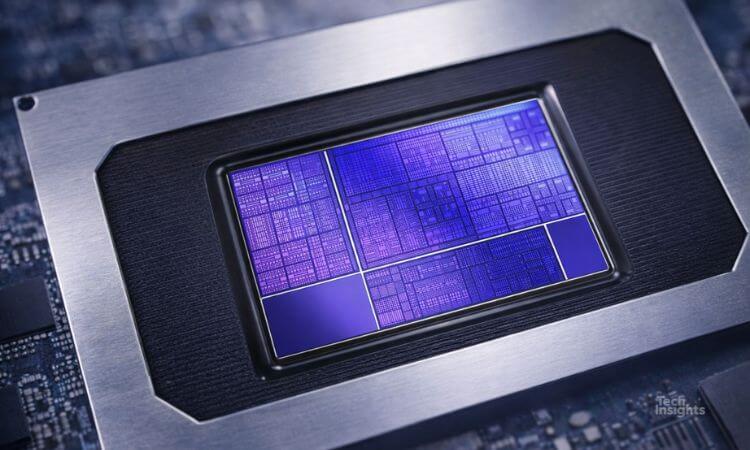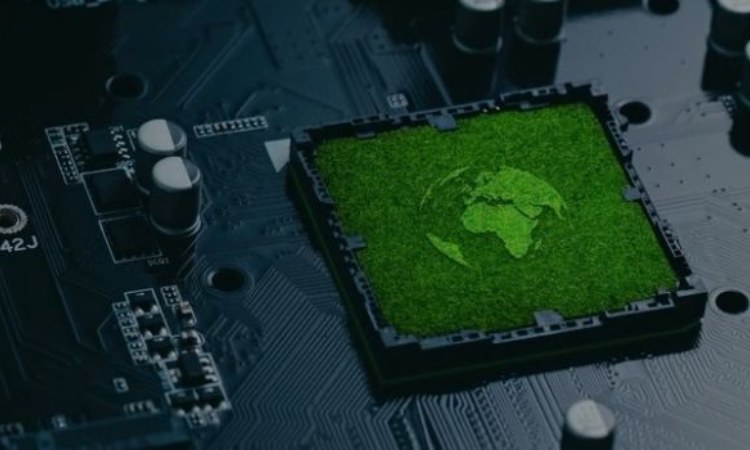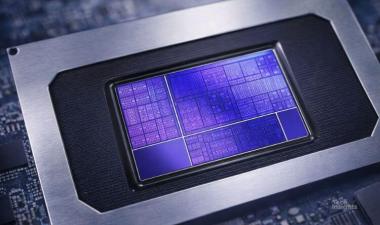AlphaICs Joins Crowded Edge-AI Market
AlphaICs is sampling a test version of its Gluon edge-inference accelerator chip. Given moderate performance, the company plans changes to improve the production version, with an architectural overhaul planned for the second generation.

Bryon Moyer
Startup AlphaICs has begun sampling its Gluon deep-learning-accelerator (DLA) chip. At eight trillion operations per second (TOPS), it’s in the low midrange of DLAs targeting the edge market. This segment consists of line-powered systems and edge servers; numerous competitors target it, although few have production offerings.
Cofounders Nagendra Nagaraja, Prashant Trivedi, and Vinod Dham (whom some call the father of Pentium) started AlphaICs in 2016 in Silicon Valley. Pradeep Vajram is now CEO; he came most recently from SWE Capital and, before that, from Aricent through its SmartPlay acquisition, where he was cofounder and CEO. A new CTO, Michael Shebanow, started this year, having previously been a technical advisor to the company. Shebanow remains a Silicon Catalyst adviser.
AlphaICs has raised a total of $10.5 million through two funding rounds; the Series B round, led by Indian investor Endiya Partners and Emerald Technology Ventures, closed last year and brought in $8 million. The total of 12 investors indicates each made a modest contribution. The small company has 27 employees, although it outsourced Gluon’s physical implementation. Developing the chip in India has stretched those investment dollars.
The Gluon version in limited sampling is a test chip fabricated on a 16nm multiproject wafer; before entering production, AlphaICs needs a full tapeout, which will require another funding round. The production version will have some architectural changes and target higher performance, according to the company.
Benchmark numbers are few given Gluon’s early stage; they’re also preliminary and need additional work. Having come to market later than many competitors, AlphaICs’ ability to differentiate remains uncertain. Following the test chip, much work remains to establish a scalable architecture; the company says a portion of that work is complete, and it expects a production launch in 2023.
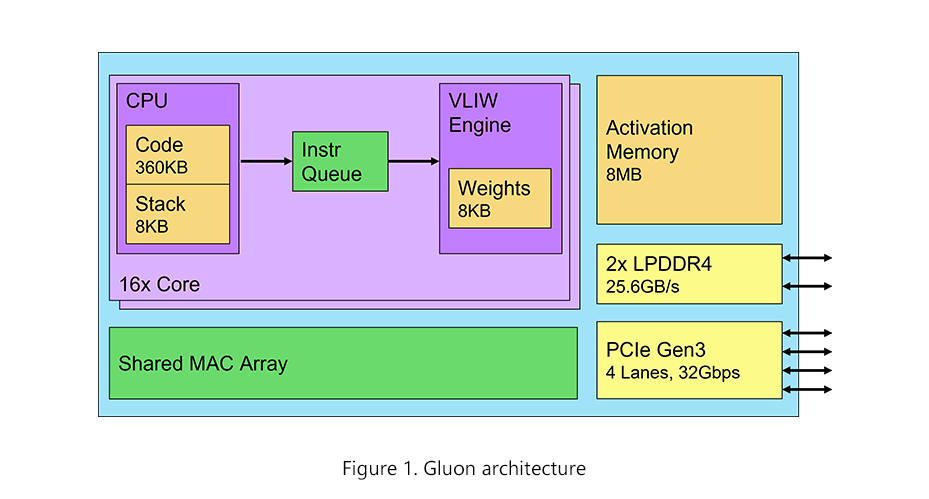
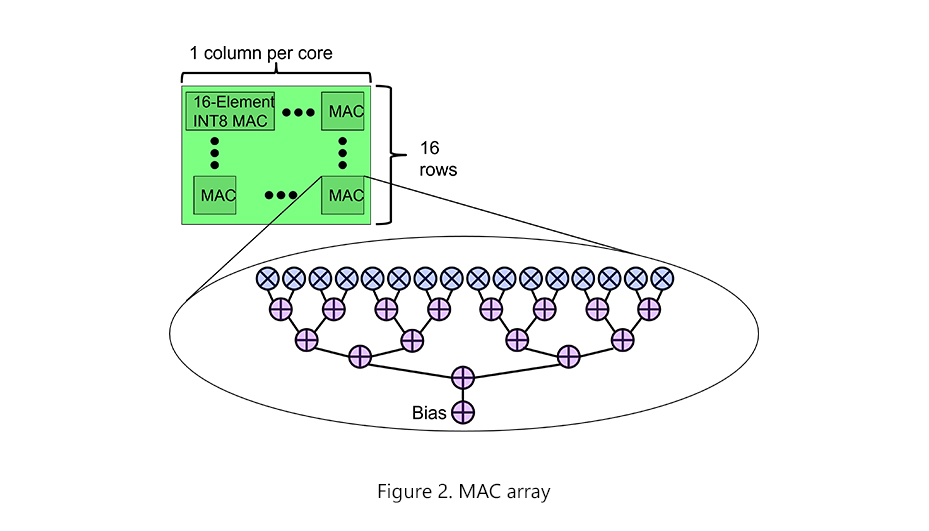
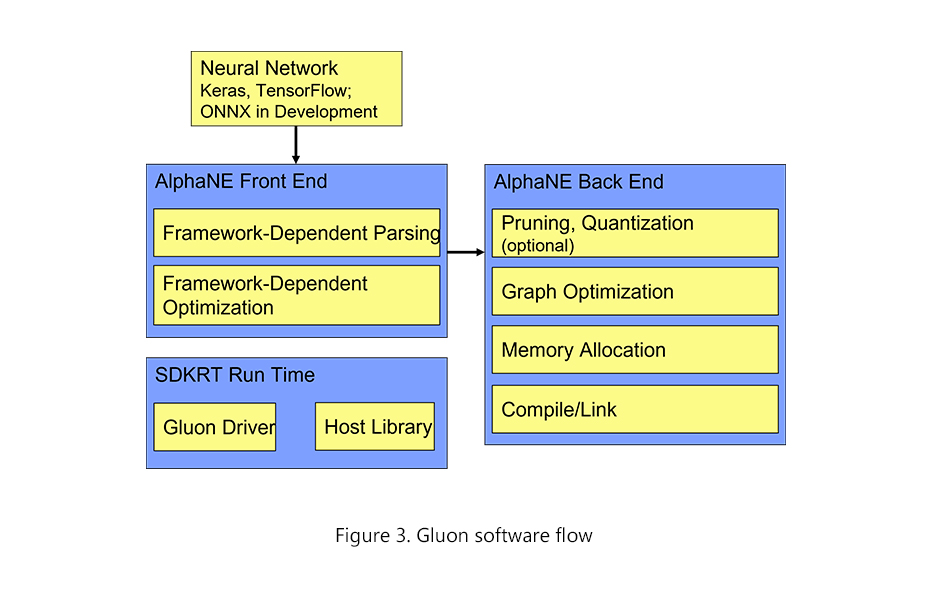
Free Newsletter
Get the latest analysis of new developments in semiconductor market and research analysis.
Subscribers can view the full article in the TechInsights Platform.
You must be a subscriber to access the Manufacturing Analysis reports & services.
If you are not a subscriber, you should be! Enter your email below to contact us about access.

